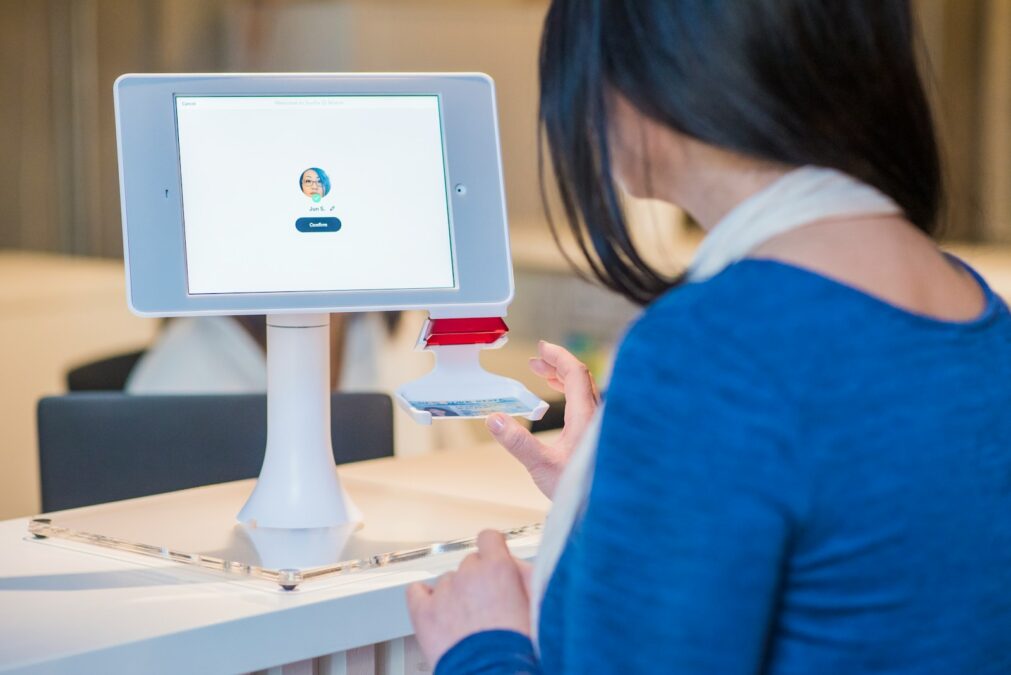Implementing Advanced Identification Technologies in Urban Environments
Introduction to Facial Recognition Technology in Urban Landscapes
The deployment of facial recognition in smart cities is transforming how urban areas in the Middle East, particularly Dubai and Riyadh, enhance public safety and service delivery. This technology, powered by Artificial Intelligence (AI), allows cities to implement more personalized and efficient operations without compromising on security. By analyzing facial data in real-time, smart cities can improve everything from traffic management to emergency response strategies, ensuring a safer, more connected urban environment.
Enhancing Public Safety with Robust Surveillance Systems
In the quest for heightened urban security, facial recognition technology offers unprecedented capabilities. In cities like Riyadh and Dubai, where safety and security are paramount, integrating facial recognition systems in public surveillance can help law enforcement quickly identify and respond to incidents. This technology also aids in crowd management during large events and festivals, providing real-time data to security personnel and helping to prevent potential threats before they escalate.
Improving Urban Services through Personalized Interactions
Beyond security, facial recognition systems in smart cities like Dubai and Riyadh are revolutionizing the way services are delivered to residents and visitors. By identifying individuals, cities can offer a more personalized experience in various public domains such as transportation and healthcare. For example, facial recognition can be used to streamline processes at airports, reducing wait times and enhancing customer satisfaction by offering tailored services based on the recognized needs and preferences of each individual.
Challenges and Ethical Considerations in Implementing Facial Recognition
While the benefits of facial recognition in smart cities are vast, there are significant challenges and ethical concerns to consider. Issues such as privacy, consent, and data security are at the forefront of the debate surrounding this technology. Cities like Dubai and Riyadh are actively working to create regulations that balance innovation with individual rights. Ensuring transparency about how facial data is used and implementing strong data protection measures are critical steps in addressing these concerns.
The Role of AI in Enhancing Facial Recognition Capabilities
Artificial Intelligence is the backbone of effective facial recognition systems in smart cities. AI algorithms improve the accuracy of facial detection and recognition processes, even in diverse and dynamic urban settings. In Dubai and Riyadh, AI-enhanced facial recognition not only boosts security but also enriches service personalization, adapting in real time to the evolving needs of city dwellers and providing insights that help improve municipal services.
Future Prospects: Facial Recognition as a Pillar of Smart City Innovations
The future of urban development in the Middle East looks promising with the integration of technologies like facial recognition. As cities like Riyadh and Dubai continue to develop their smart city initiatives, the role of this technology in urban management and service provision is set to grow. Innovations in AI will further refine facial recognition capabilities, making it a fundamental component of the smart urban ecosystems that aim to combine efficiency, security, and advanced technology to create more livable, sustainable cities.
Streamlining Transportation with Facial Recognition
One of the key applications of facial recognition in smart cities is in the transportation sector. In metropolitan areas like Dubai and Riyadh, facial recognition technology is used to streamline public transportation systems. By integrating facial scans, these cities can reduce fraud and ensure that only authorized users are accessing services. Additionally, this technology can speed up the boarding process for buses and trains and personalize travel experiences by adjusting parameters to reflect traffic conditions, weather, and user preferences, ultimately enhancing commuter convenience and efficiency.
Boosting Retail and Hospitality Services with Personalized Experiences
Retail and hospitality sectors in smart cities are also benefiting from the advances in facial recognition technology. In places like shopping malls and hotels in Dubai and Riyadh, facial recognition is being employed to offer customers a more personalized service. Upon identification, customers can receive customized shopping suggestions, targeted promotions, and expedited check-in services, which not only improves customer satisfaction but also increases business efficiency by tailoring services to meet the specific needs and preferences of each individual.
Enhancing Financial Security and Customer Verification
Facial recognition technology is revolutionizing the banking sector in smart cities by enhancing security and customer service. Banks in Dubai and Riyadh are adopting this technology to verify identities during transactions, reducing the risk of fraud significantly. This method of biometric verification helps prevent unauthorized access to financial accounts and ensures a high level of security for all transactions. Furthermore, by facilitating smoother and faster verification processes, banks can improve customer experience, making financial services more accessible and efficient.
#FacialRecognition, #SmartCities, #UrbanSecurity, #AI, #TechInnovation, #Dubai, #Riyadh, #PublicSafety, #UrbanDevelopment, #TechnologyTrends









